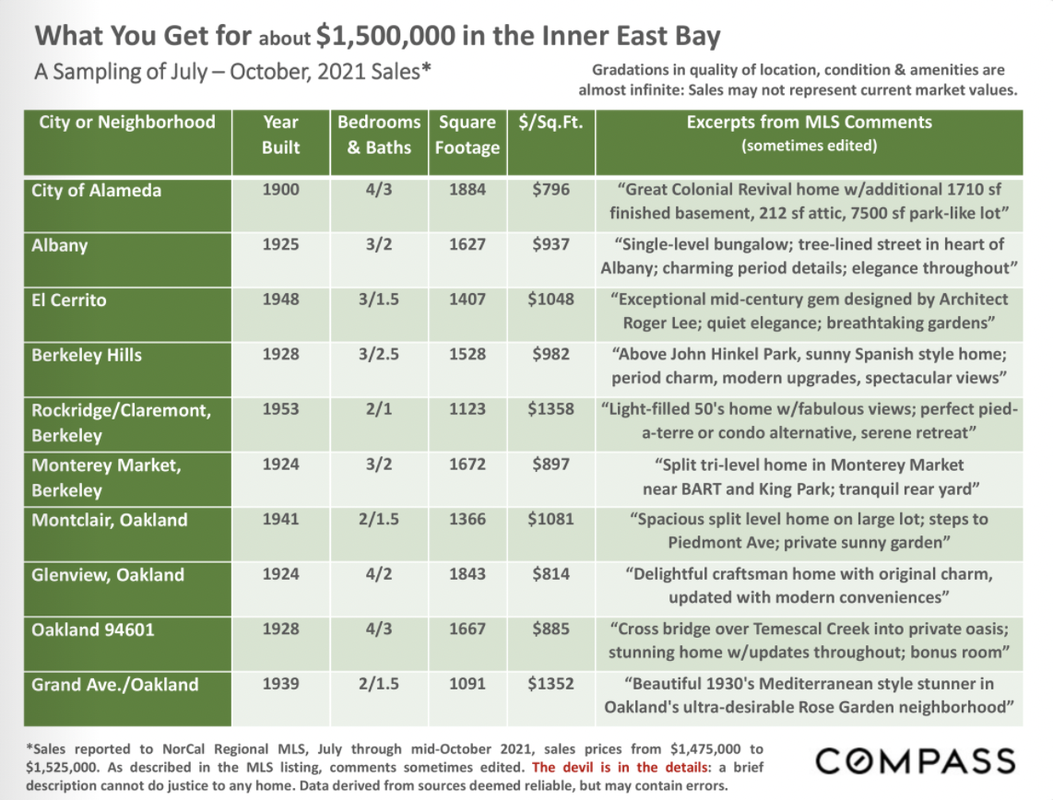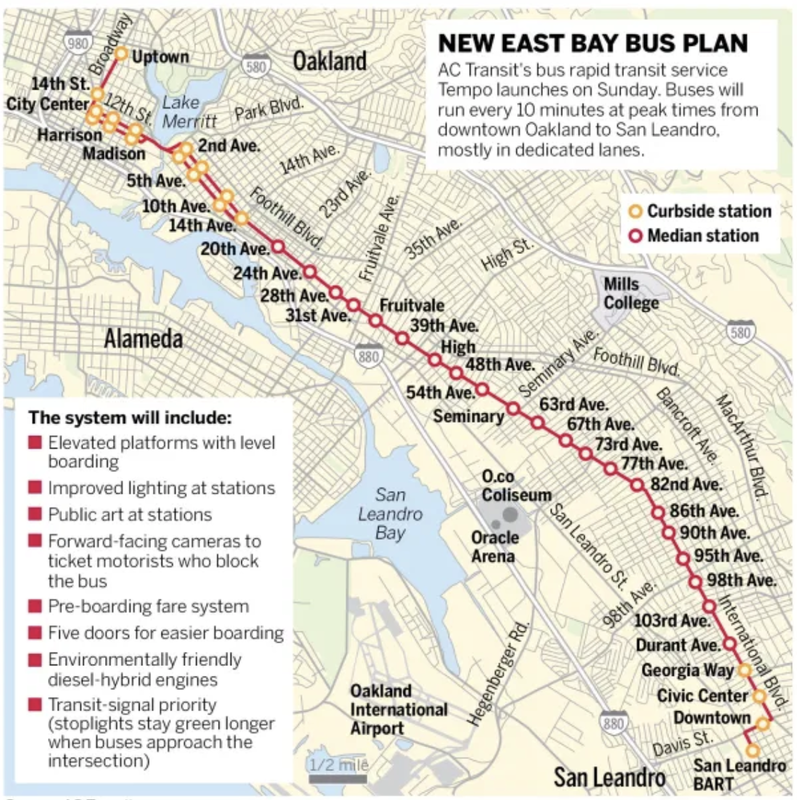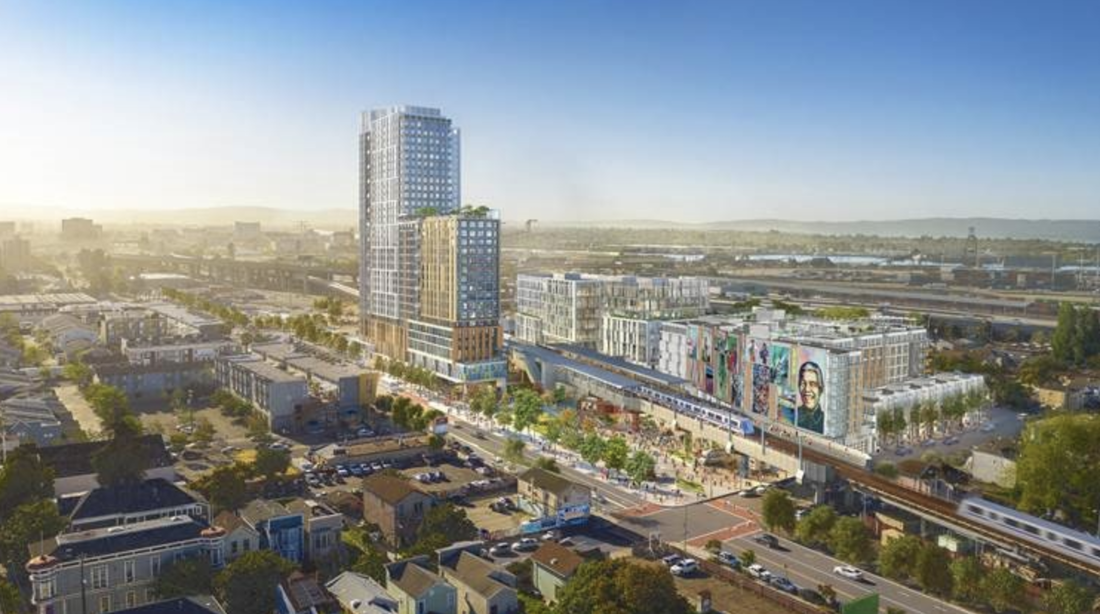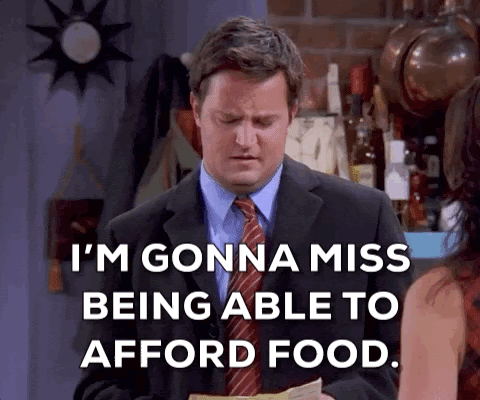|
Do you binge-watch Flip or Flop and all the HGTV shows and now aspire to flip houses yourself? Then you'll want to know about the California Housing Speculation Act. Also called AB 1771, this legislation proposes a 25% tax on the capital gains earned if a house is sold within 3 years of purchase. Properties sold after 3 years would be taxed at 20%, and after 7 years that percentage would be zero. The money would then be distributed to different counties in an effort to create more affordable housing, fund school districts, and support community infrastructure.
This wouldn’t apply to first-time home buyers, homes used as primary residences or affordable housing units, homeowners active in the military, or to those selling a house after an owner’s death. This act was basically written in an attempt to prevent real estate investors from driving up prices by buying properties in all cash, quickly renovating, and then selling them at much higher prices. On the one hand, for the average buyer just wanting to be able to afford a home without selling a kidney on the black market, this might help. Although on the other hand, flippers are doing the dirty job that a typical home buyer would not and they are eventually adding inventory to a market in desperate need of them. If adopted, the tax would go into effect on January 1, 2023. Also please don't sell any organs on the black market. In an effort to build a cleaner and healthier city, Oakland City Council just banned natural gas in all new buildings. Berkeley, San Jose, and San Francisco have also followed suit and said "We're not passing gas either!"
But seriously, eliminating natural gas use in buildings will lower the risk of fire after an earthquake (important when you live in earthquake territory!) and improve overall indoor air quality. Studies have shown that children are 42% MORE likely to have asthma in a home that uses natural gas while cooking. I know, right? Who knew?? AC Transit’s new rapid transit project named “Tempo” has officially started service! It takes riders from Oakland’s Uptown to the San Leandro BART station, driving through most of the 9.5-mile route in dedicated bus lanes for quick and easy transportation between locations.
Tempo will function more like a light rail line due to its frequent service and lack of car traffic, saving riders valuable time. Buses will arrive every 10 minutes between 6 a.m. and 7 p.m., and every 15 minutes from 7pm to midnight. Early morning service on the 24-hour line will run every 30 minutes on weekends, and hourly on weekdays. To celebrate the start of the line and make up for construction delays, AC Transit won’t charge fares to ride the new buses until November 8th. So bring your mask and get those free joy rides in while you can! Covid has had an interesting effect on rental markets, with housing becoming cheaper in the country’s most expensive cities (San Francisco, New York City, Boston, San Jose, and Oakland to name the top 5), while getting pricier in more historically affordable areas. What’s going on? Amidst the pandemic we’re in, demand for rentals has dropped in the aforementioned larger cities, the desire for housing in cheaper suburban areas has gone up. According to the rental platform Zumper, people are opting to move out of their large city dwellings and opting for cheaper housing while they work remotely, effectively closing the gap between price distribution of rentals across the U.S.
Before the legalization of recreational marijuana, industrial warehouse properties in Oakland were largely being used by artists to curate and host events or create large scale projects. But once 2016 hit and weed became legal, cannabis businesses began filling these industrial properties instead. Rents have shot up and many artists have sadly been priced out altogether.
When Oakland announced permits for marijuana dispensaries in 2018, 116 businesses applied for only eight available spots. Between May 2017 and August last year, 124 businesses approached the city to open indoor growing operations. Rents for industrial properties rose 70% in 2017 alone. And while Alameda County made around $12 million in cannabis sales tax last year, none of that went towards arts or culture programs. This isn't just specific to Oakland though. This is happening in states like Washington, Nevada, Illinois, Michigan, and even in Canada, which legalized cannabis as a whole country. While many artists supported the legalization of marijuana, they did not foresee the consequences of workspace rent hikes, which have unfortunately put a lot of them out of a place to work and live. BART has now approved a development project at the West Oakland Station that will include 762 housing units (!!!) with more than 30% of units being marked specifically for affordable housing. The development will also include more than 50,000 square feet of retail space and 300,000 square feet of office space, along with additional crosswalks and wide sidewalks for pedestrian access, perfect for getting those Fitbit steps in. The hope is that this project will be transformative for West Oakland, providing much needed housing that is more easily accessible to neighborhood amenities and resources.
With big companies like Facebook, Twitter, and Shopify setting the trend for employees to work from home forever-ish, potential home buyers are wondering why they're living in a pricey city to be close to work when work is actually just their dining table most days anyway.
This may explain why the Oakland market is recovering much faster than in San Francisco or San Jose. Move-in ready homes in Oakland are selling in 5-10 days with multiple offers. There are fewer homes on the market, but almost as many people searching as there were pre-pandemic. The more suburban cities like Berkeley or Walnut Creek will likely see an increase in buyers too as remote work becomes the norm. I mean hey, if your money could get you a bigger house with an actual yard and your only trade-off is having a longer commute where you cry in the car two days out of the week instead of five, then I say why not? Once upon a time, millennials were willing to sacrifice a few stimulus checks (and then some) on each month's rent to live in a closet-sized apartment just to be part of the hustle and bustle of a city. But when all the alluring things about living in a city (like bumping into people on crowded streets, standing in ridiculously long lines for brunch, and cramming your way into packed sports arenas and concert venues) can potentially change, the possible risks of these everyday social interactions could accelerate a trend away from densely populated urban cities and into the suburbs.
After the lockdown, new home sales came to a screeching halt (as did everything else). But in the last two weeks, homebuilders have seen sales start to climb back up, particularly with dual-income first-time buyers wanting to leave their tiny apartments and buy larger move-in ready homes that they find more safety and stability in. More emphasis is now being placed on outdoor areas, functional layouts, and overall MORE SPACE. The secret is out: Doordash tastes the same from wherever you are. The average U.S. home costs $240,000. But in San Francisco, a two-bedroom apartment costs around $750,000 to build. The costs of construction in SF are 13% higher than New York, 60% more expensive than Chicago, and 75% more than in Houston. But why is it SO expensive?
For starters, the price of land and labor in California is insanely higher than other states. In SF, a construction worker makes about $90 an hour. (Did you just audibly gasp because you had no idea this was a construction worker's average wage and consider maybe you too could work in construction someday? Because same). But it’s not just that. There are so many costs that go into building affordable housing. Government fees, permits, hiring consulting companies.... So. Many. Things. It literally took the City Council 6 months just to agree on the financing paperwork alone. More attorneys are involved in projects than actual construction workers. And we wonder why it takes SO long to get any sort of traction on building affordable housing (or any housing at all) in the city. *Insert crying face emoji here.* |
Michaela ToAll things real estate. Categories
All
Archives
April 2022
|






